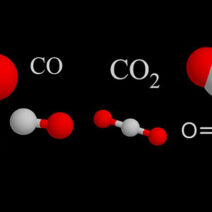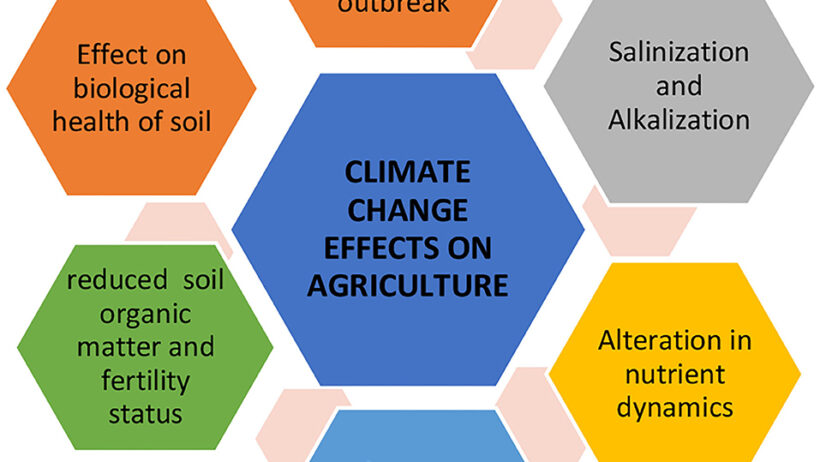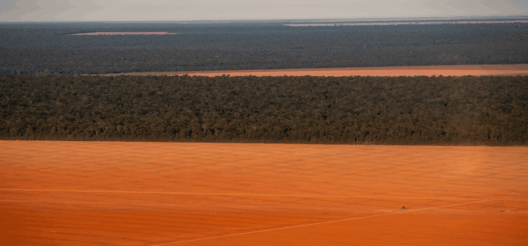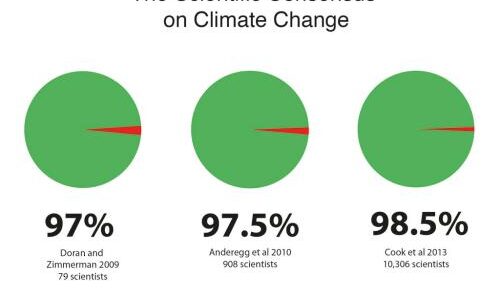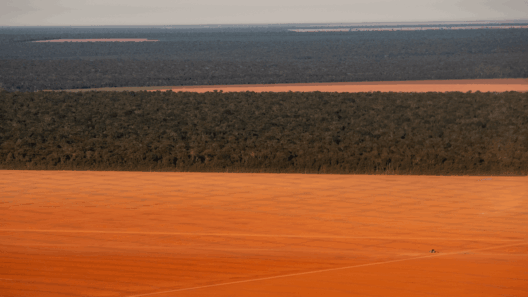As the world faces the pressing realities of climate change, agriculture stands at a critical juncture. The ramifications of rising temperatures, erratic weather patterns, and increased frequency of extreme events are already evident in farming practices across the globe. This article will delve into the intricate relationship between climate change and agriculture, examining its implications, challenges, and potential adaptations. The time has come to understand not just how climate change affects farming but also to consider proactive measures that can be undertaken to secure the future of food production.
To comprehend the multifaceted impact of climate change on agriculture, it is essential first to assess the fundamental dependency of agricultural systems on climatic conditions. Crop yields are inextricably linked to temperature, precipitation, and seasonality. Changes in these parameters due to global warming can lead to diminished productivity, shifting growing seasons, and exacerbated pest and disease pressures.
The delineation of agricultural zones is also likely to shift dramatically. Areas that once thrived under temperate conditions may become less hospitable for certain crops, forcing farmers to adapt by either changing the types of crops planted or relocating their operations altogether. For instance, regions that previously benefitted from predictable rainfall may find themselves grappling with drought or, conversely, excessive moisture. This unpredictability adds a layer of complexity to farming decisions, challenging farmers to adopt more resilient practices.
As climate change continues to alter precipitation patterns, it is crucial to highlight the varying impacts on irrigation practices. Areas that are traditionally reliant on rainfall may require more investment in irrigation infrastructure, while already water-scarce regions will face increased competition for water resources. The burgeoning need for efficient water management raises questions about technological advancements, traditional practices, and the necessity of preserving local watersheds. Under these new conditions, innovative irrigation techniques and water-saving technologies become imperative for sustainable farming.
Moreover, the health of soil ecosystems plays a pivotal role in determining agricultural productivity. Climate change poses threats to soil quality through increased erosion, compaction from heavy rainfall, and a depletion of vital organic matter. Farmers must prioritize soil conservation strategies, such as crop rotation, cover cropping, and agroforestry, to maintain soil health amid ongoing climatic upheaval. The complex interplay between climate factors and soil dynamics will require ongoing research and development to ensure agricultural techniques remain effective and sustainable.
Climate change is also expected to intensify both the frequency and severity of pest and disease outbreaks, thereby affecting crop health and yield. Warmer temperatures can facilitate the spread of pests that were once limited by colder climates, introducing new challenges for farmers who must adapt their pest management strategies. Integrated Pest Management (IPM), which combines biological controls, crop rotation, and resistant crop varieties, can serve as a multifaceted defense mechanism against emerging threats. However, it necessitates an updated understanding of pest dynamics under changing climatic conditions.
On a broader scale, the socio-economic implications of climate change in agriculture cannot be overlooked. Smallholder farmers, who often lack the resources to adapt quickly, are particularly vulnerable. The increased risk of crop failure could jeopardize food security and diminish livelihoods, leading to heightened economic disparities. As climate impacts worsen, policies aiming at equitable support for these vulnerable populations become critically important. Investments in education, technology transfer, and sustainable agricultural practices must be prioritized by governments and NGOs alike.
Shifting paradigms in consumer behavior may also play a role in shaping the future of agriculture amidst climate change. An increasing awareness of environmental impacts may drive demand for sustainably produced goods, encouraging farmers to adopt eco-friendly practices. Community-supported agriculture (CSA), organic farming, and regenerative agriculture are gaining traction, offering consumers a way to connect with their food while contributing to a more sustainable agricultural landscape.
Transitioning to a sustainable future will require collaboration at all levels of agriculture. Interdisciplinary research efforts will be essential to understand the multifarious impacts of climate change on agricultural systems. Stakeholders must engage in knowledge-sharing initiatives to disseminate information on best practices, technological advancements, and adaptive strategies that can mitigate risks associated with climate change.
Furthermore, embracing agroecology as a guiding philosophy can provide a robust framework for sustainable agricultural practices. Agroecology emphasizes biodiversity, ecosystem services, and community engagement, fostering resilience against climate change. By integrating ecological principles into food production systems, farmers can improve productivity while simultaneously preserving natural resources and contributing to climate mitigation efforts.
Looking forward, the adoption of technology will undoubtedly shape the future of agriculture in the face of climate change. Precision agriculture, for instance, utilizes data on weather patterns, soil conditions, and crop health to optimize inputs, reduce waste, and enhance productivity. Drones, sensors, and machine learning algorithms are becoming invaluable tools that empower farmers to make informed decisions with precision while addressing resource constraints.
Ultimately, the future of farming in a changing climate hinges upon our collective acknowledgment of the challenges ahead and a willingness to adapt. The amalgamation of innovative practices, sustainable approaches, and effective policies will not only safeguard agricultural productivity but also reinforce food security for generations to come. Engagement across all sectors of society—farmers, consumers, scientists, and policymakers—will be paramount in steering the agricultural industry toward a resilient, sustainable, and food-secure future.
